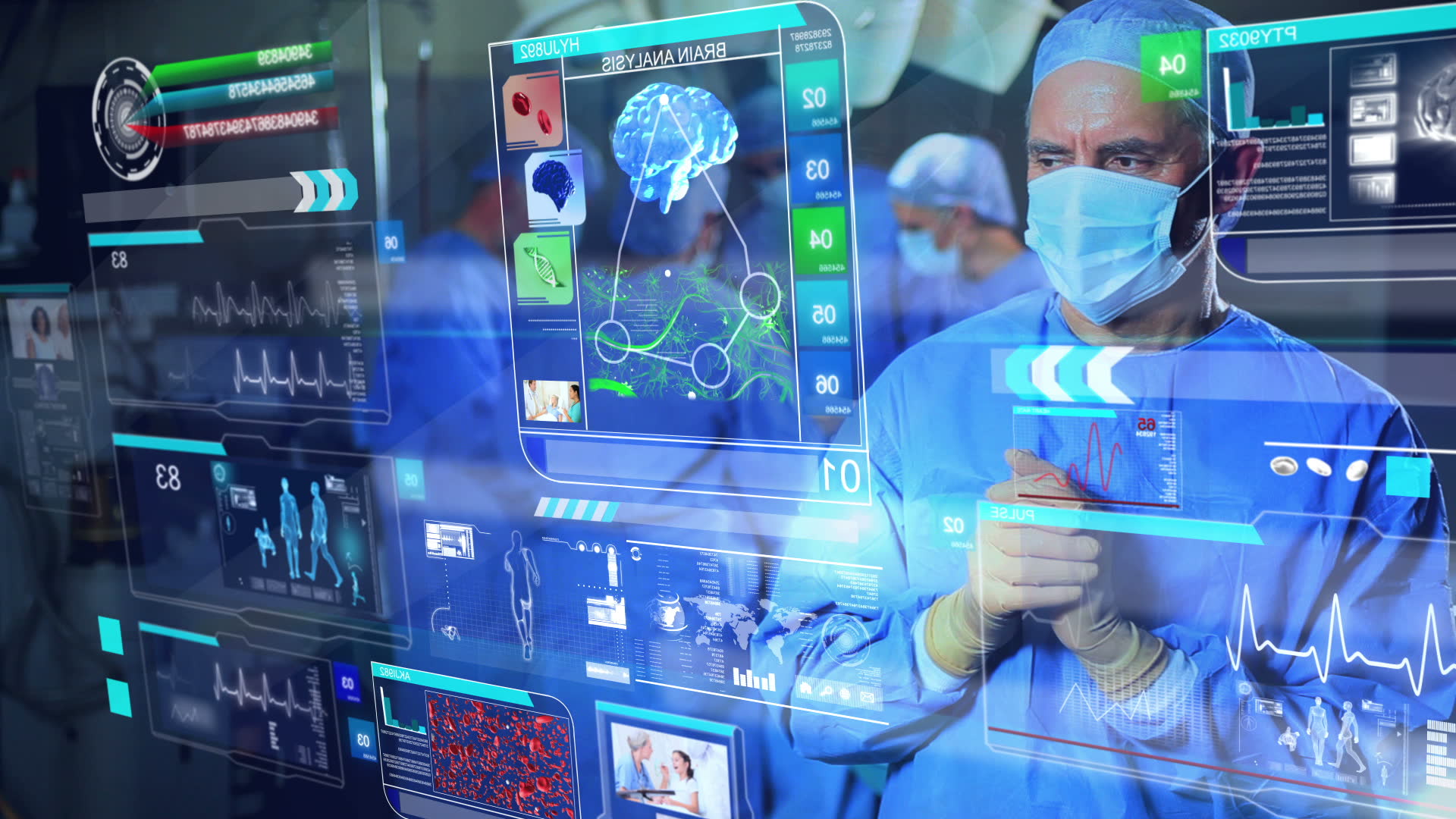Digital technologies in medicine or medical computerization of the country
By medical information technologies we mean:
- methods of examination and treatment;
- collection, storage, processing, provision and dissemination of information;
- implementation of these processes
The role of information technologies in medicine has yet to be fully evaluated by new generations.
Development of medical information technologies
Since the 50s of the twentieth century, information technologies in medicine have been used in medical research, such as:
- computed tomography;
- nuclear magnetic resonance imaging;
- electroencephalography
- radioisotope and other studies
Computerization has affected all areas of the medical industry: from neurosurgical and cardiac operations to laboratory research, radiology, ECG, ultrasound scanning, endoscopy, dental research and the manufacture of dentures, braces and mouthguards.
And the method of biofeedback used to treat a variety of disease syndromes and diseases themselves, is completely based on the use of IT technologies.

Application and relevance
Using of information technology in medicine is useful for storing information.
Specialists in relatively new systems, such as PROMED, have created and daily adjust patient records with remote monitoring of the condition and therapy. The alarm information and medical records are stored in the systems with the help of advances in computer technology.
In some cases, the speed of providing medical information is important. Sometimes the information of matter specialists, leading to restrictions and stigmatization of patients, is closed from outsiders by special contours.
Examples of the modern technologies in medicine are: diagnostic systems Telecard that facilitate the provision of urgent care to the patient after sending a cardiac signal to a profile specialist, and other telesystems.
A number of digital systems used in the healthcare sector are designed to keep records of medicines and goods in pharmacy warehouses.
Training of specialists with further qualification from 2016 to 2017 takes place on the website of continuing medical education using computer programs.
Using information technologies in medicine implies the following opportunities and prospects:
- improving the quality of patient care;
- experience exchange;
- facilitating the doctors’ routine work.

